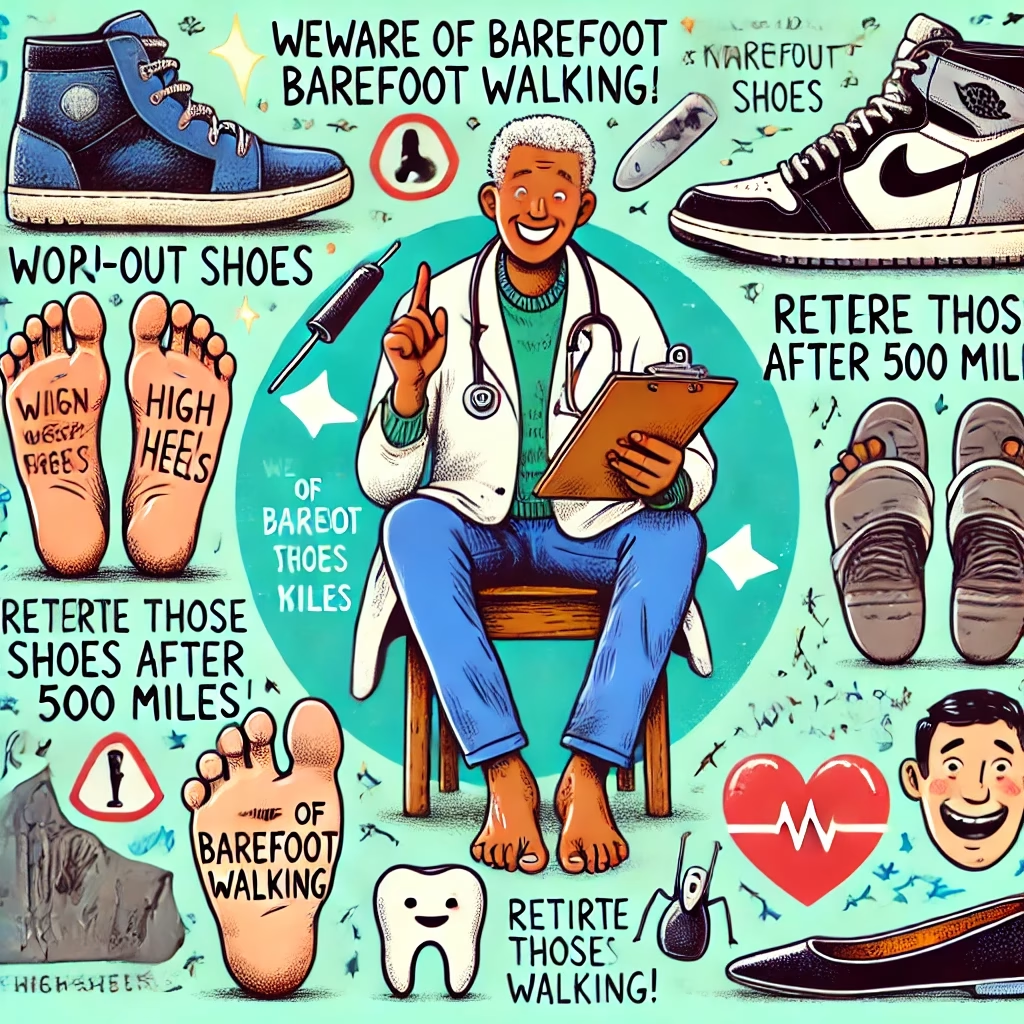“Man wasn’t content to be made in God’s image — he started making everything else in his own.” --YNOT!
I just learned a hideous fact — birds do not sing because they’re happy. That lovely thrush outside your window, the one you thought was composing sonnets to the sunrise? He’s not singing to celebrate life. He’s screaming at every other bird in the neighborhood:
“Back off, pal. My tree. My nest. My lady.”
And just like that, one more innocent illusion got evicted from my heart.
See, we humans suffer from a serious condition called anthropomorphism — or, as I prefer to call it, “the incurable habit of thinking everything thinks like us.”
We hear a bird sing and imagine joy.
We see a dog tilt its head and think it’s pondering philosophy.
We watch clouds move and think they’re “angry.”
We even talk to our cars when they won’t start — as if the alternator is just being stubborn.
Truth is, we can’t stand the idea that the world might run just fine without sharing our feelings. So we give every rock, robot, and raccoon a little human soul — because it makes us feel less alone in the universe.
But nature isn’t sentimental. The bird sings to warn. The cat purrs to manipulate. Even the flowers “smile” only to seduce bees.
And yet — maybe there’s a strange kind of beauty in that. Maybe it’s okay that we hear our own hearts echoing through everything else. After all, that’s what makes us human: we find meaning where there is none, and somehow, that keeps us alive.
🤖 The Same Mistake, Upgraded: How We Suffer With AI
Now we’re doing the same thing with machines.
We talk to chatbots and swear they “understand.”
We ask AI for advice and imagine it cares.
We see patterns in its words and think there’s a little mind behind them — a spark of empathy, a ghost in the code.
But AI doesn’t feel anything. It mirrors us — a billion reflections stitched together by probability and power bills. It doesn’t love, it doesn’t fear, and it doesn’t dream. Yet we treat it like a newborn god and a trusted friend all at once.
That’s how anthropomorphism bites us again: not in the forest this time, but in the cloud.
We project humanity onto circuits because we’re desperate for conversation that doesn’t hurt, judgment that doesn’t sting, and wisdom that never fails. But in doing so, we risk forgetting what real humanity is — messy, flawed, and alive.
If the bird’s song fooled us into thinking it sang for joy, the algorithm’s voice will fool us into thinking it cares for truth.
And when that happens, we’ll have traded our souls for syntax — and called it progress.
© 2025 insearchofyourpassions.com - Some Rights Reserve - This website and its content are the property of YNOT. This work is licensed under a Creative Commons Attribution 4.0 International License. You are free to share and adapt the material for any purpose, even commercially, as long as you give appropriate credit, provide a link to the license, and indicate if changes were made.








